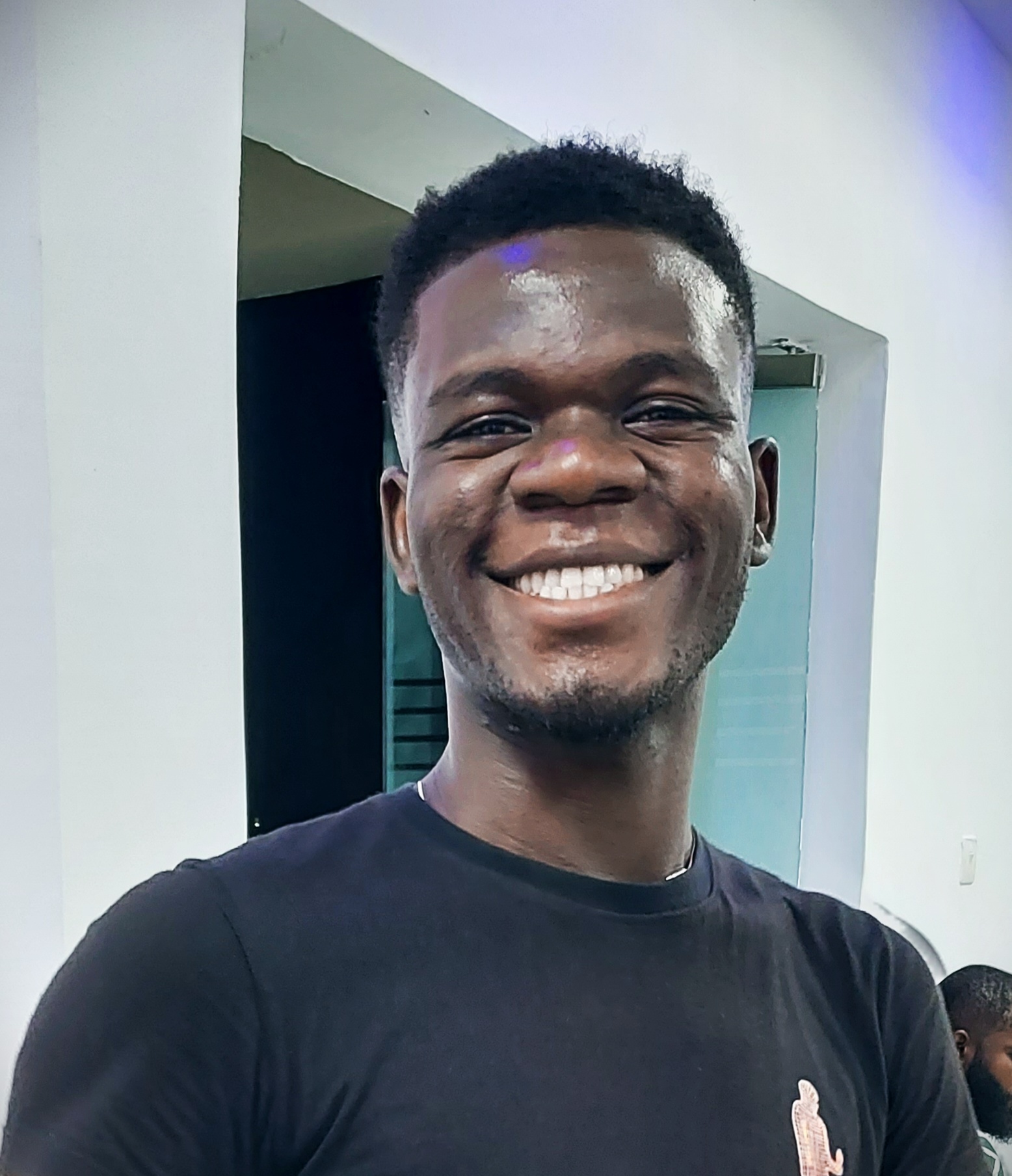Don't Make Me a Hypocrite: The Danger of Performative Prayer.
 VINCENT ODUME
VINCENT ODUMETable of contents

Prayer is a vital part of the Christian faith. It is simply communicating with God —listening and talking to him. It is the means by which believers communicate with God, share their concerns, express gratitude, and seek guidance. Believers can pray from the heart, freely, spontaneously, and in their own words. However, in recent years, there has been a disturbing trend among some Pentecostal/modern-day Christians, particularly among the younger generation, to turn prayer into a performance. The belief that one must display oneself in very active repeated gestures, such as nodding one's head, stamping one's foot or fast to-and-fro movement, accompanied by nonverbal words while praying, to show that they are seriously praying, is becoming increasingly popular. Unfortunately, this approach to prayer has dangerous implications, both for the individual and the broader Christian community.
On the surface, performative prayer seems harmless. It is easy to understand why some people might feel the need to engage in physical gestures while praying. After all, we often use nonverbal cues to convey emotions such as joy, sadness, or anger. Similar to how the mouth speaks from the abundance of the heart (Matt. 12:34), so do our emotions while praying. However, the problem with performative prayer is that it turns the focus away from the heart of the matter - the content of the prayer - and towards the outward appearance of piety.
Performative prayer can lead to hypocrisy. Jesus himself warned against this when he spoke about the dangers of praying in public to be seen by others (Matthew 6:5-6). When prayer becomes a performance, people become more concerned with how they appear to others than with the sincerity of their prayers. In this sense, performative prayer can become a way of masking one's true intentions and feelings.
Moreover, performative prayer can be divisive. When people feel pressured to engage in certain physical gestures/religious sentiments while praying, it can create a sense of competition and judgment among young Christians especially, and the Christian community as a whole. Those who do not conform to these expectations may feel excluded or inadequate, while those who do may become prideful and self-righteous. This is precisely the opposite of what prayer is meant to achieve: unity and humility before God.
The danger of performative prayer is that it can distract us from the true purpose of prayer: to connect with God on a personal and intimate level. Prayer is not about impressing others or earning their approval. It is about expressing our deepest longings and desires to the God who created us, knowing that he hears us and cares for us. This is why Jesus encouraged his followers to pray in secret, where only God could see and hear them.
In conclusion, performative prayer is a dangerous trend that must be resisted by the Christian community. We must remind ourselves that prayer is not a performance but a conversation with God. We should approach it with humility, sincerity, and a willingness to be vulnerable before our Creator. Let us not become hypocrites by putting on a show for others but instead seek to pray in a way that truly reflects the depth of our faith and our relationship with God.
Subscribe to my newsletter
Read articles from VINCENT ODUME directly inside your inbox. Subscribe to the newsletter, and don't miss out.
Written by

VINCENT ODUME
VINCENT ODUME
I'm Vincent Odume, a passionate individual with a strong interest in computer science and an unwavering determination to become a software developer. Currently, I am working towards becoming a full-fledged backend developer from AltSchool. The potential of what I can create and contribute to the world through programming continues to drive and motivate me. I am eagerly anticipating the day when I can transition into a full-time developer and bring my ideas to life. Join me on this exciting path as I work towards realizing my dream of becoming a successful developer.